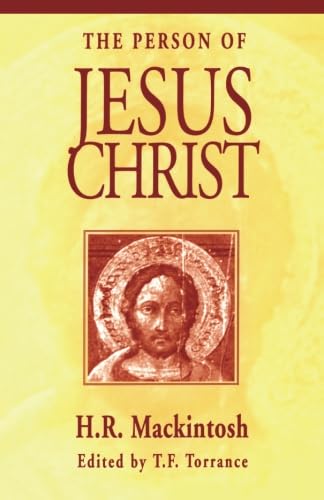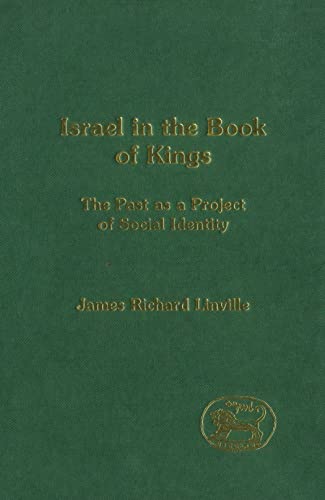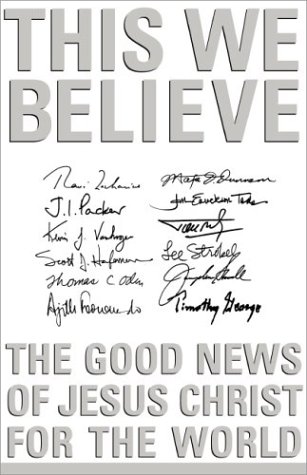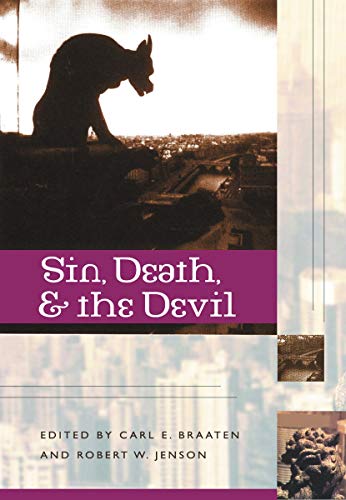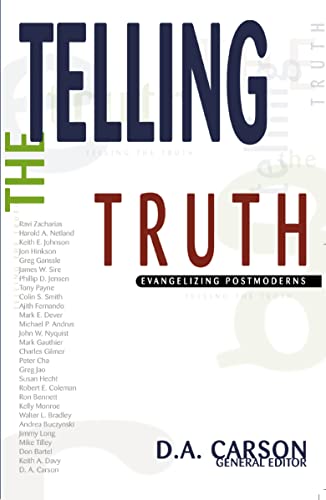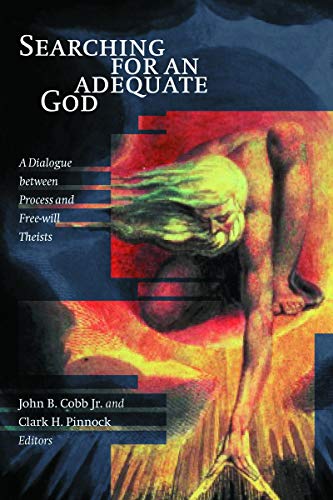The Person of Jesus Christ
Written by H.R. Mackintosh (Edited by T.F. Torrance) Reviewed By A. T. B. McGowanThis book was originally published in 1912, being an edited version of a series of addresses which Professor H.R. Mackintosh of Edinburgh University gave to a students’ conference in Swanwick in 1911. Professor T.F. Torrance says in his introduction to this new edition that it constitutes ‘… the inner evangelical heart of Mackintosh’s great work, The Doctrine of the Person of Jesus Christ, published that same year by T. & T. Clark Ltd. In their International Theological Library …’
The overwhelming impression in reading this volume is of a man who was spiritually as well as theologically acquainted with the subject of his book. Indeed, he makes it clear in the Preface that only with spiritual knowledge and insight can we truly understand the Christological issues. He writes, ‘our insight into the fact of Jesus will depend on our spiritual attitude and temper’ and points out that, in our own experience, a sense of God’s presence may ‘wax and wane with our loyalty to duty and our practice of secret prayer’.
In chapter one, Professor Mackintosh first explores the significance of Jesus as Messiah and as Son of God. In one striking passage, he goes so far as to say that ‘everything in Christian religion hangs on the spiritual veracity of Jesus’ profession of Messiahship. The question is not peripheral; it is central and supreme’ (11).
In chapter two we are drawn into a discussion about the way in which Christian men and women experience Christ in redemption and the implications of that experience for an understanding of his Person. Here are explored such concepts as the felt presence of Jesus Christ with men and the conquest of sin attained through Christ. It is in this context that he develops the notion that in Jesus Christ we have a perfect revelation of God the Father, culminating in the thought-provoking words, ‘Christ saves, yet only God can save. There, in a simple and elementary reflection, lies the original but also the permanent foundation of a great thought which men naturally have felt, so hard—the Divinity of Christ’ (47).
In the third and final chapter Mackintosh is at his most profound and also his most worshipful as he explores the reality that God was in Christ, with all the implications and ramifications of that for Christian life. He does not do so in any mystical or irrational way, rather he insists on the place of reason or logic in our theological deliberations and stresses the importance of demonstrating to a somewhat sceptical world the truth and reality of the things about which we speak.
The book concludes with an ‘Appreciation’ by T.F. Torrance of his erstwhile teacher entitled ‘Hugh Ross Mackintosh: Theologian of the Cross’, originally published in the Scottish Bulletin of Evangelical Theology(1987) 160–73. In this article Professor Torrance seeks to expound Mackintosh’s theology and, inter alia, to indicate the close similarity between Mackintosh and Karl Barth. It is very difficult to assess this essay because of the various references to comments made by Mackintosh in classes that Professor Torrance attended, as well as to published works. One would have to say, however, that although the exposition offered by Professor Torrance of Mackintosh’s Christology may be accurate, it could not have been constructed merely from the contents of this book.
Overall, the impression left by the book is of being intellectually and spiritually challenged and fed at the same time. I not only enjoyed the book, it did me good to read it.
A. T. B. McGowan
A. T. B. McGowan
University of the Highlands and Islands
Inverness, Scotland, UK


